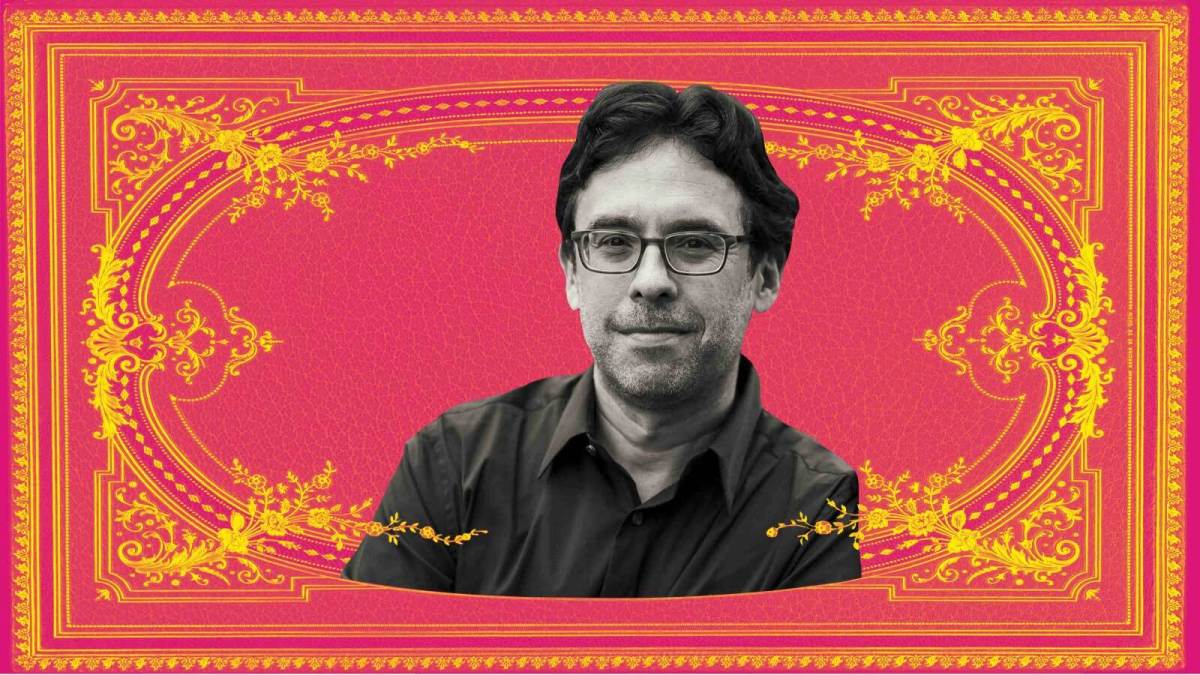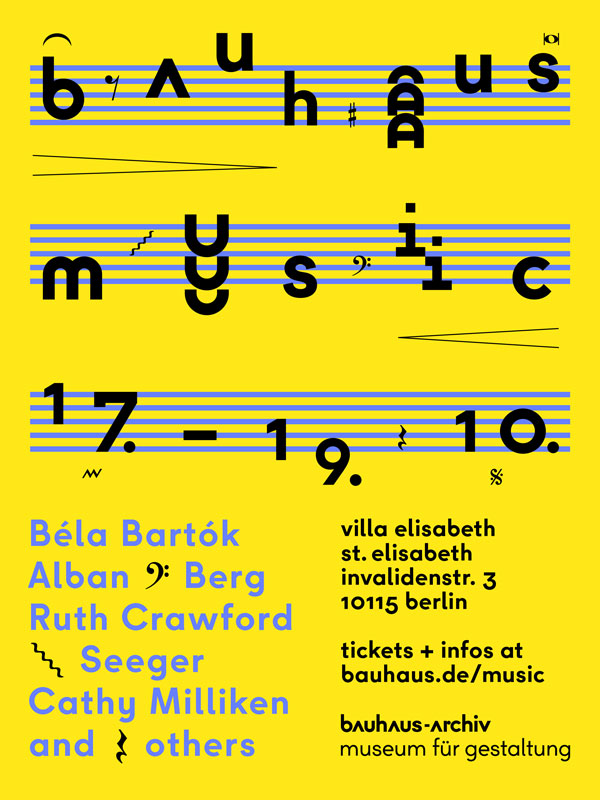There’s a decent case for Felix Mendelssohn being the most important figure in the history of Western classical music, though primarily for the music he programmed, rather than for the music he wrote. Answering the impassioned cry of Bach’s biographer Johann Nikolaus Forkel for an increased visibility of masterpieces if music wished to be taken seriously as an artform (rather than a hobby), Mendelssohn’s performance of Bach’s “St. Matthew Passion” with the Berlin Singakademie in 1829 (for the first time in almost 70 years) introduced the concept of revivalism to a nascent musical world, a germ from which a large organism of canons, legacies, memorials, and infrastructures grew exponentially.
It’s impossible to imagine classical music without this memorializing thrust, floating outside its imaginary museum; these memorials, invisible and tangible, form the foundations of Jeremy Eichler’s book Time’s Echo: The Second World War, the Holocaust, and the Music of Remembrance. It starts with four musical memorials of sorts—Benjamin Britten’s “War Requiem,” Arnold Schoenberg’s “A Survivor from Warsaw,” and Shostakovich’s Symphony No. 13 come closest to that term; a marking of “In Memoriam” above a quote from Beethoven’s “Eroica” in Richard Strauss’s “Metamorphosen” leads a justification of this enigmatic work’s inclusion in that quartet—that all orbit World War II and the Holocaust, albeit at different speeds and distances. From there, Eichler kneads his subjects and their creations into a rich cultural history, in the hope of discovering how musical works might become “a prism through which we ‘remember’ what was lost.” Eichler, never short of a choice quote, selects one from a favorite source, Walter Benjamin, as his book’s inspiration. For Benjamin, there’s “hope in the past,” the object of history being “to sort through the rubble of earlier eras in order to recover these buried shards of unrealized hope, to reclaim them, to redeem them.”
Sifting through the rubble from this cruel period of human history, Eichler finds few nuggets of hope. Time’s Echo is written with intense feeling, about a period of immense suffering, that countless testimonies have struggled to fully convey. The flattest of those testimonies are the most powerful. The inclusion of a page-long list from Soviet–Jewish writer Vasily Grossman’s 1943 article “Ukraine Without Jews,” among the first to detail Nazi genocide as it was happening—though initially censored by his military newspaper, Red Star—continues for line after line in a powerful oration that returns to simple, yet unfathomable refrain: “Murdered are elderly artisans, well-known masters of trades; tailors, hatmakers, shoemarkers, tinsmiths, jewelers, housepainters, furriers, bookbinders; murdered are workers… This is the murder of a people, the murder of homes, entire families, books, faith, the murder of the tree of life; this is the death of roots, and not branches or leaves; it is the murder of a people’s body and soul…”
Though nuggets of hope are few, Eichler does uncover some little shards of light. There’s the artistic kinship of Britten and Shostakovich, two men with a compulsion to serve their societies, and outsiders who found themselves at the center of their respective musical establishments. Then, there are the accounts of Schoenberg living a life from a surreal American sitcom in California: “carving peanut butter sandwiches into animal shapes,” having “A Survivor from Warsaw” premiered by a chorus of cowboys in New Mexico, and stopping for orange juice on a Santa Barbara highway around Christmastime, expecting to hear Christmas carols on the sound system, only to hear “Verklärte Nacht” being played over the tinny speakers. (There’s something cinematic in Schoenberg living across the street from Shirley Temple, and venting his frustration when tourist tours would point out her house, but not his.)
The latest from VAN, delivered straight to your inbox
Perhaps Eichler is trying to forge his own hope out of the few precious shards he finds. His time with Richard Strauss ends with an uncomfortable scene in the Bavarian town of Garmisch-Partenkirchen, the place of Strauss’s primary residence from 1908 until his death. (Strauss’s Garmisch home “stands… as both a kind of shrine and a walk-in time capsule.”) After being denied access to some documents by the Strauss family (“the contemporary composer most celebrated by Nazi Germany remains to this day protected by the veil of local memory,” Eichler writes), he takes “Metamorphosen” and its open-endedness as an invitation to reattribute its memorial to Michael and Emmy Schnebel, two of Garmisch’s Jewish residents forced out of the town in 1938, whose existence is so far unrecognized by the town.
“A composer’s own aims can help launch a work into the world, they can establish an interpretive frame, but they cannot fix the music’s meaning over time,” Eichler writes in reference to this act of re-remembrance. This is one aspect Time’s Echo could go further with. As discussed by Lillian Crawford recently in VAN, the bombing of Hiroshima and Nagasaki is another event where artists felt compelled to react to tragedy with art; as in Eichler’s work, responses spanned concrete and abstraction, but also included art reattributed or re-dedicated, and summoned up from the past and recycled as a memorial. Though existing at various degrees of abstraction, most of the music discussed in Time’s Echo was written with the activity of memorializing in mind. Embracing a slightly more complicated process—activating the retrofitting impulse of composers to sculpt their music’s message post-event, or the ability for the public to imbue non-contemporary works with their own contemporary symbolism—would open the dialogue up a little more about how public memory is shaped in longer spans over multiple events, and how certain pieces become overladen with feeling over time, fed by their regular appearance in moments of public grief.
But doing so might wreck the focus of this deeply moving book, one that is profoundly revealing on music’s ability to remember. As he left the site of the Babi Yar massacre, a unmarked gully outside of Kyiv the precise location of which has been scandalously lost to time, Eichler “thought about how music, by virtue of its abstraction, its immateriality, its way of floating free from time and place, may be the medium most capable of holding the memory of the placeless dead.” Music is untouchable, he writes elsewhere: inherently useless and overwhelmingly powerful all at once. ¶
Subscribers keep VAN running!
VAN is proud to be an independent classical music magazine thanks to our subscribers. For just over 10 cents a day, you can enjoy unlimited access to over 875 articles in our archives—and get new ones delivered straight to your inbox each week.
Not ready to commit to a full year?
You can test-drive VAN for one month for the price of a coffee.


